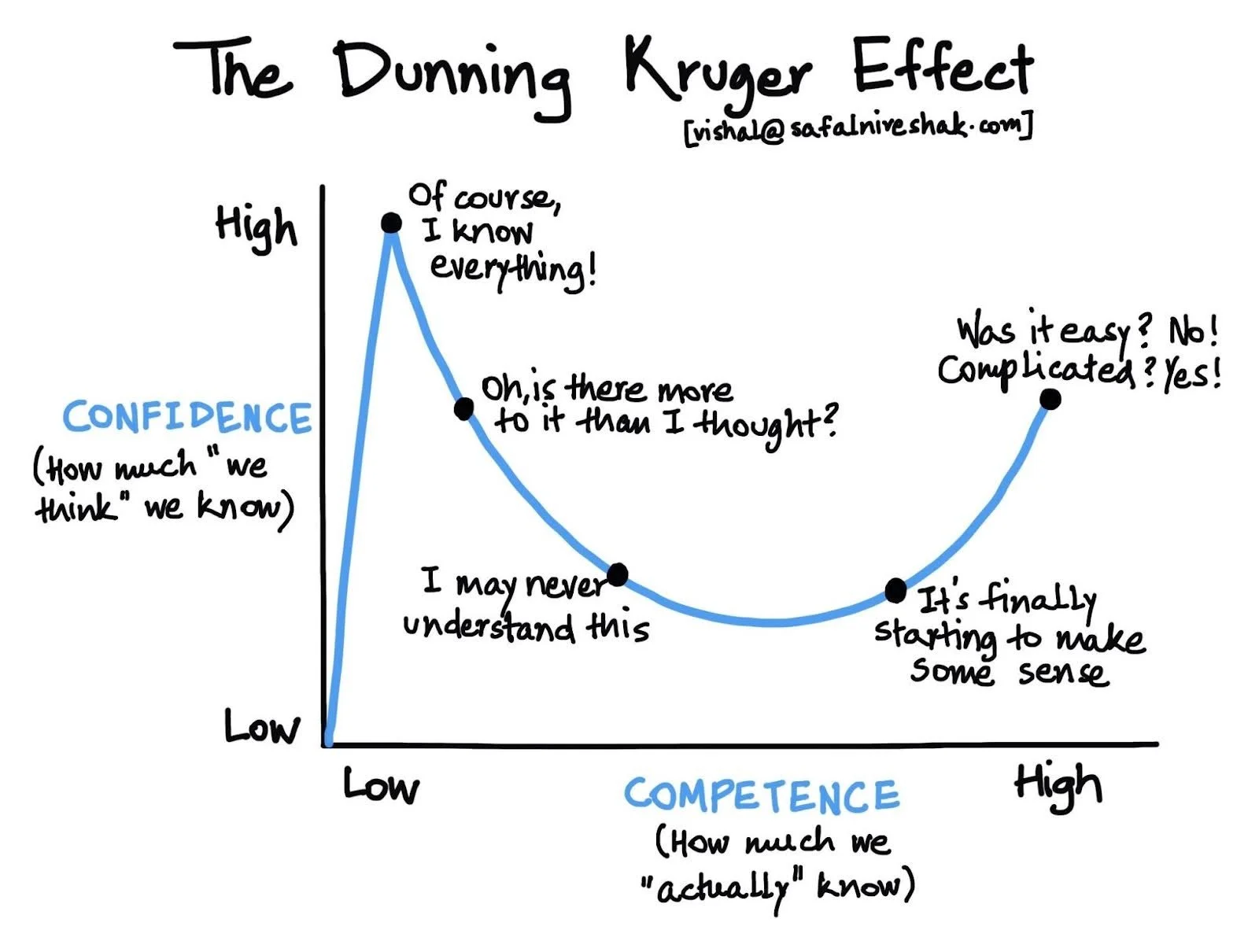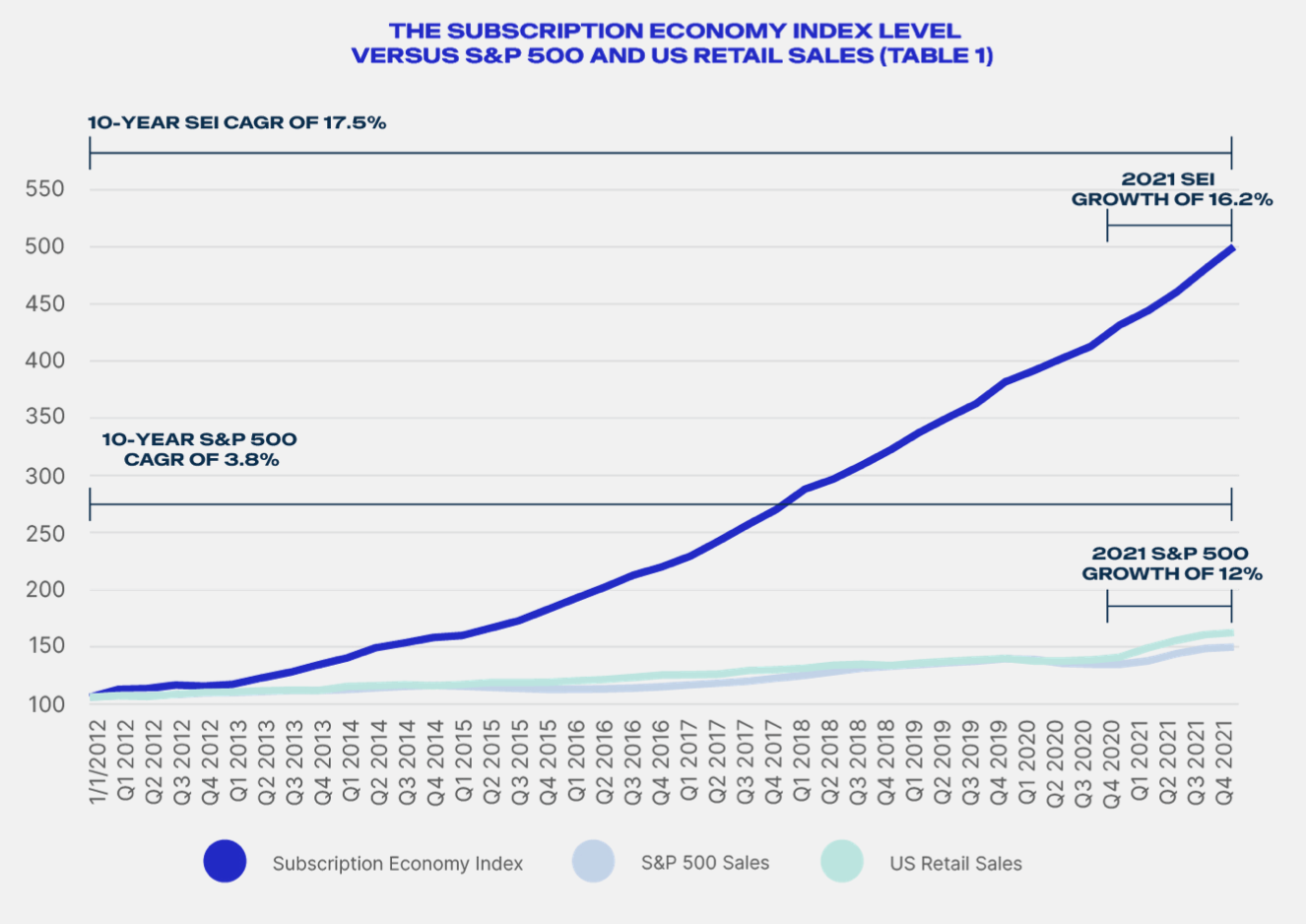Overconfidence, self-doubt, and why Christian donors give monthly 📆
Have you ever noticed that the more you know about any one thing, the less you realize you actually know?
This is a studied phenomenon with a name – the Dunning-Kruger Effect. The less one knows about a particular topic – low competence – leads to overconfidence in how much one thinks they know. They quite literally “Don’t know what they don’t know.” Conversely, the more we learn, the more we recognize how much we don’t know, eventually leading to true mastery and high competence and confidence.
It looks and feels something like this:
Above: The relationship between confidence and competence is called the Dunning-Kruger Effect – a cognitive bias in which people with limited competence in a particular domain overestimate their abilities.
The principle at play here is that early in our exposure to a topic or discipline, the more we underestimate its depth. “Yea, I pretty much got this” is the dominant assumption.
Paradoxically, individuals tend to have high confidence but low competence early on. Precisely because they don’t know they don’t know, they assume they have some level of mastery.
As the individual learns more, the more competent they become, which is when feelings of despair set in. Do I even know what I’m talking about? Experts call this the valley of despair… I’ll never understand this!
But those that stick with it long enough to achieve mastery rise up the other side. They might never be quite as sure of what they know as they were early in their journey, but that’s due to maturity because they know, after all, “it’s complicated.”
I could do a whole Wave Report on the lessons we can learn from understanding this phenomenon, but I’ll save that for another day.
I opened with this lesson because it’s a journey I’ve been on personally about the subject of monthly sustainer giving to charities. It’s something I’ve been doing for nearly two decades. Cumulatively, I’ve spent thousands of hours working on, studying, implementing, and speaking about recurring giving.
And yet, I feel like I am just starting to climb out of Dunning-Kruger’s valley of despair. It’s just beginning to make sense!
That’s why I’m so grateful when new research is published on recurring giving – or, as I’ve come to think of it, as Subscription Philanthropy.
Today, I want to shout out a helpful bit of research that the good folks at Grey Matter Research and Infinity Concepts put out recently. Ron Sellers and his team at Grey Matter studied evangelical Christian donors and pulled out some fascinating insights from which I think we can learn.
But first, if you aren’t familiar with the topic of Subscription Philanthropy, let me give you a brief summary.
Subscription Philanthropy
Over the past 10 years, we’ve entered into the Subscription Economy – the rise of subscriptions in nearly every area of business and consumer life. From Netflix to QuickBooks. From Amazon Prime to Hello Fresh. Subscriptions are everywhere.
Above: Over the past 10 years, Subscription-oriented businesses have grown at nearly 5X the annual growth rate of the S&P 500.
I wrote about trends in subscriptions in February in case you missed it and want to check it out: Trend: Subscriptions, recurring revenue, and how to leverage them in 2023.
But what I didn’t write about is how the Subscription Economy has given rise to Subscription Philanthropy – a surge in recurring donations to all types of charities, leading to the rise of a new kind of monthly giving program.
As is often the case with new or emerging trends, there needs to be more research or rigorous data analysis in the field of Subscription Philanthropy. So I’m grateful for any study that dives into understanding the trend.
Let’s take a look at the research.
Christian Donors and Subscription Giving
First, the report is called “The Sustainers.” Published in November 2022, it’s a deep dive into the motivations behind monthly giving, specifically by a subset of the population – evangelical Christian donors.
A few things stood out to me from this study.
More evangelical Christian donors give than virtually any other segment of the population. It’s well documented that religious people are more likely to give money than their nonreligious counterparts. But when the team asked evangelical Christian donors, fully 74% of them had given in the past 12 months, with nearly six out of ten (58%) giving to non-church charities.
Christian donors are more likely to participate in monthly giving than other donors in general. The study found that evangelical donors were 27% more likely than donors in general to be part of a monthly giving program.
Monthly givers are more likely to be higher income, larger donors, and spiritually engaged:
Higher-income – 44% of monthly donors earn six figures or more.
Larger donors – 53% give $500+ annually.
Spiritually engaged – High on church attendance, Bible reading, and small group participation.
This is helpful information, but I’m most interested in actionable data.
Next, let’s explore why donors say they give monthly, because there are some insights I think you can leverage today.
Why Christian Donors Give Monthly
54% of respondents said that the most important reason they made a monthly commitment was so that “the organization they are supporting knows it can depend on that money each month.”
Providing dependability and consistency for the nonprofit is very important. But it wasn’t the only thing that was important to donors.
63% of monthly donors cited convenience, as monthly giving was easier/more convenient, or that it ensured they remember to give to the organization.
52% of donors responded with something about certainty – either that it ensures they do not forget to give, or the commitment makes it more likely they will actually donate.
44% noted something about connection – that it demonstrates how committed they are to the organization or that it helps them feel a stronger connection to the organization.
The report sums it up nicely: “While there are nuances to the reasons for partnering monthly with a charity or ministry, it typically comes down to convenience, certainty, and/or connection.”
💡 Takeaway: Help current and prospective donors see how the predictability of monthly giving translates into stability for those you serve, but don’t stop there. Create benefits, share stories, and illustrate how monthly giving creates connection, enables commitment, and provides convenience.
Why Donors Don’t Give Monthly
Just as interesting to me are the reasons cited by donors who have elected not to give monthly.
The most common reason cited by non-monthly donors was “they are not able to give a consistent amount from month to month” (54%).
This was especially true for lower-income households but was also a common reason for higher-income donors. The authors wonder whether this might be due to people who depend on commissions, bonuses, small business owners, and those with varying income/expenses monthly. I could see that.
The second most cited reason for not giving monthly was donors that they “prefer to vary the organizations they support each month” (32%).
Trust was a significant reason as well. 28% of non-partners indicated a trust-related reason, such as “I don’t want them to have my credit card or banking information” (16%) or “I am concerned it will be too hard to get out of the program if I start” (10%).
💡 Takeaway: Look for ways to assure donors that convenience includes the ability for them to control or adjust their giving easily. Find ways to demonstrate trustworthiness. First, do what you say you will do. Then there are other strategies to build trust, including charity ratings, donor commitment promises, third-party endorsements, clear and inspiring report backs, and clearly stated security and privacy policies.
If you’d like to get a copy of the research, you can download it from Infinity Concepts here, or request it from Grey Matter Research here.
Until next week… Surfs Up! 🌊
- Dave
About the Author | Dave Raley
Consultant, speaker, and writer Dave Raley is the founder of Imago Consulting, a firm that helps non-profits and businesses create profitable growth through sustainable innovation. He’s the author of a weekly trendspotting report called The Wave Report, and the co-founder of the Purpose & Profit Podcast — a show about the ideas at the intersection of nonprofit causes and for-profit brands.
Want to receive insights like this weekly?
Every Friday, we send out The Wave Report, highlighting one trend or insight “wave,” from donor and consumer trends to innovation in different industries or new models for growth.
Subscribe today to receive free weekly insights in your inbox here:


